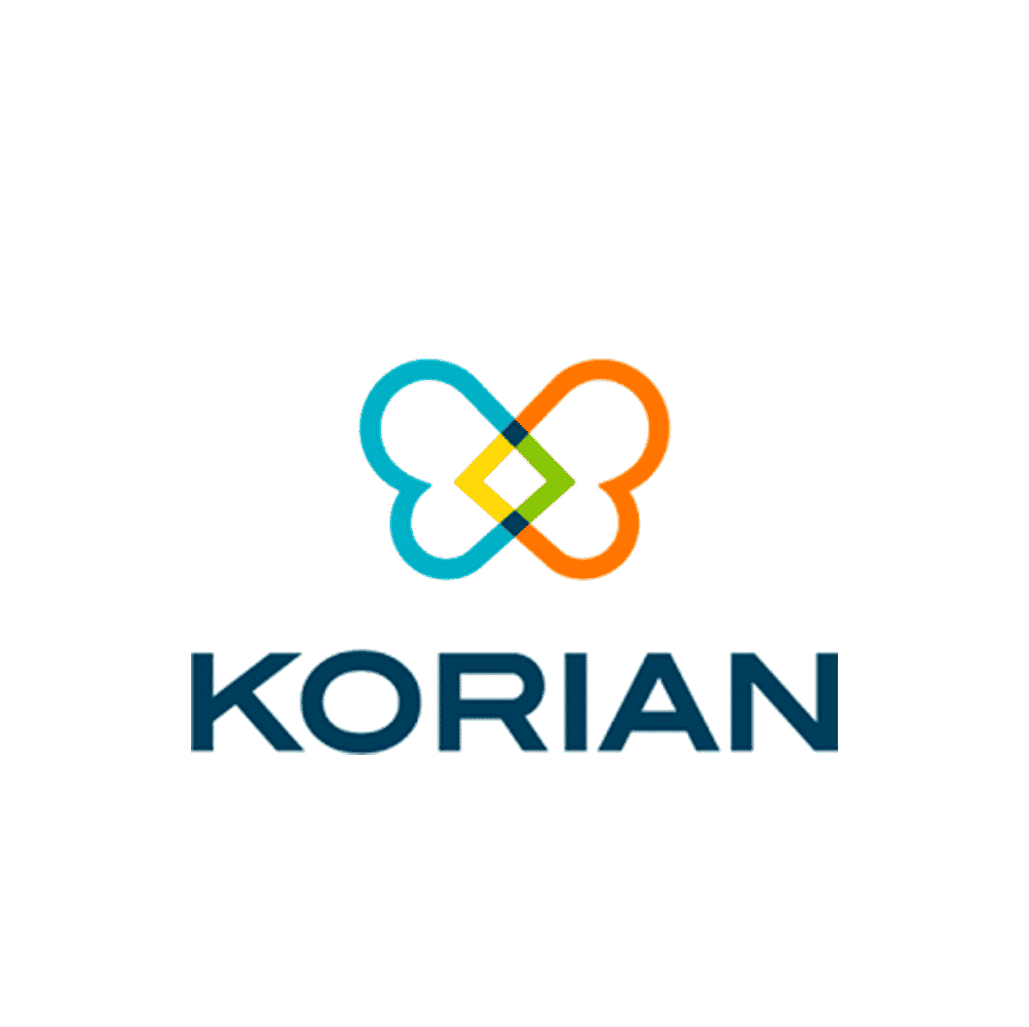
Definition of a low-carbon roadmap: Focus on energy in buildings
In order to reduce the carbon footprint of its real estate portfolio, which alone represents 38% of its GHG emissions, Korian has designed a low-carbon…

Reduce residual waste by 5% by 2023 and contribute to the overall GHG reduction target of 40% by 2030 (vs. 2018)
To achieve this commitment, Korian has put in place a waste roadmap that meets the following operational objectives:
Korian emits approximately 54,000 tons of waste each year (all types of waste combined).
Anxious to reduce its impact on the environment by reducing its waste production, Korian has launched a waste diagnosis in 2019 to establish a global inventory of its waste production.
Based on this diagnosis, a specific waste roadmap has been defined, with several operational objectives:
Upstream of the activity (supply)
Downstream of the activity (end of life of waste)
on which the project has a significant impact
Scope 3 :
More information on the complete project sheet.
Inclusion of low-carbon investments in the company's CAPEX maintenance trajectory
2020
France, Germany, Italy, Belgium, Spain, and Netherlands.
The Waste Roadmap contributes to the following SDGs:
To replicate and extend the roadmap to other Group sites, it is necessary to:
csr@korian.com

In order to reduce the carbon footprint of its real estate portfolio, which alone represents 38% of its GHG emissions, Korian has designed a low-carbon…
AFEP (Association of French large companies) is an association representing 111 of the largest companies operating in France. It participates in the public debate with the ambition to provide pragmatic answers in favour of the development of a competitive and sustainable French and European economy, conducive to the growth of all companies.